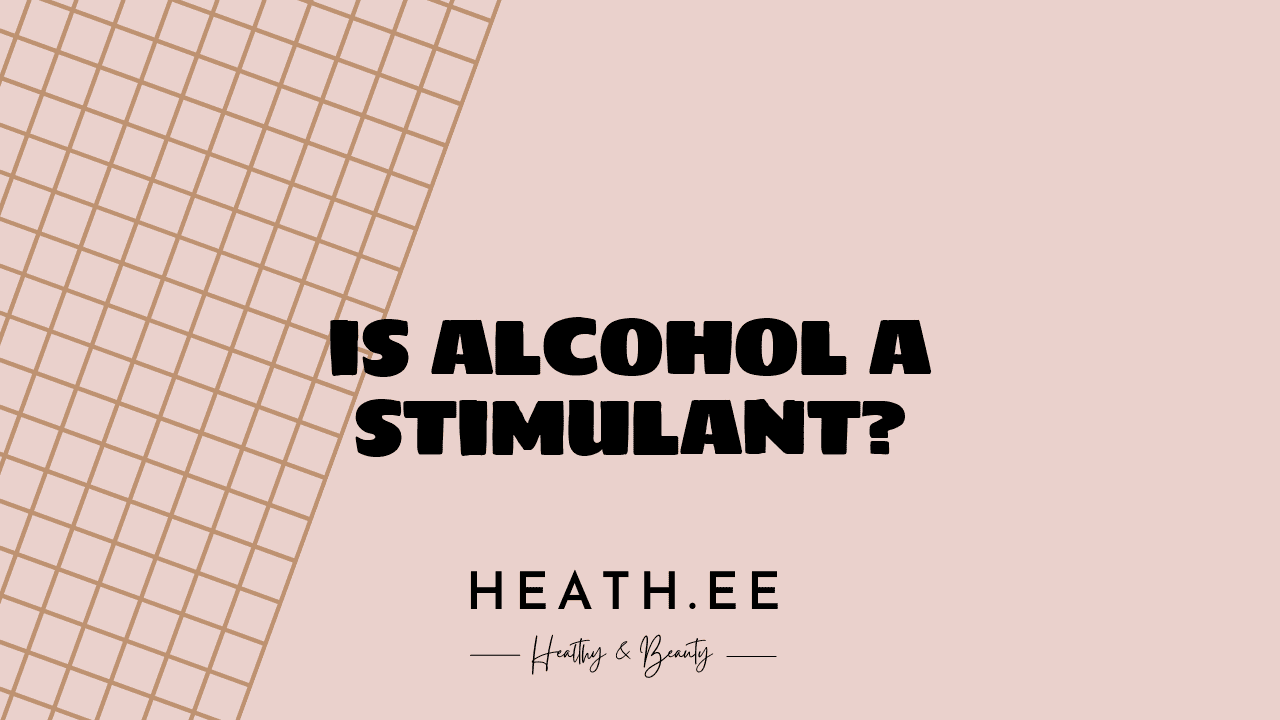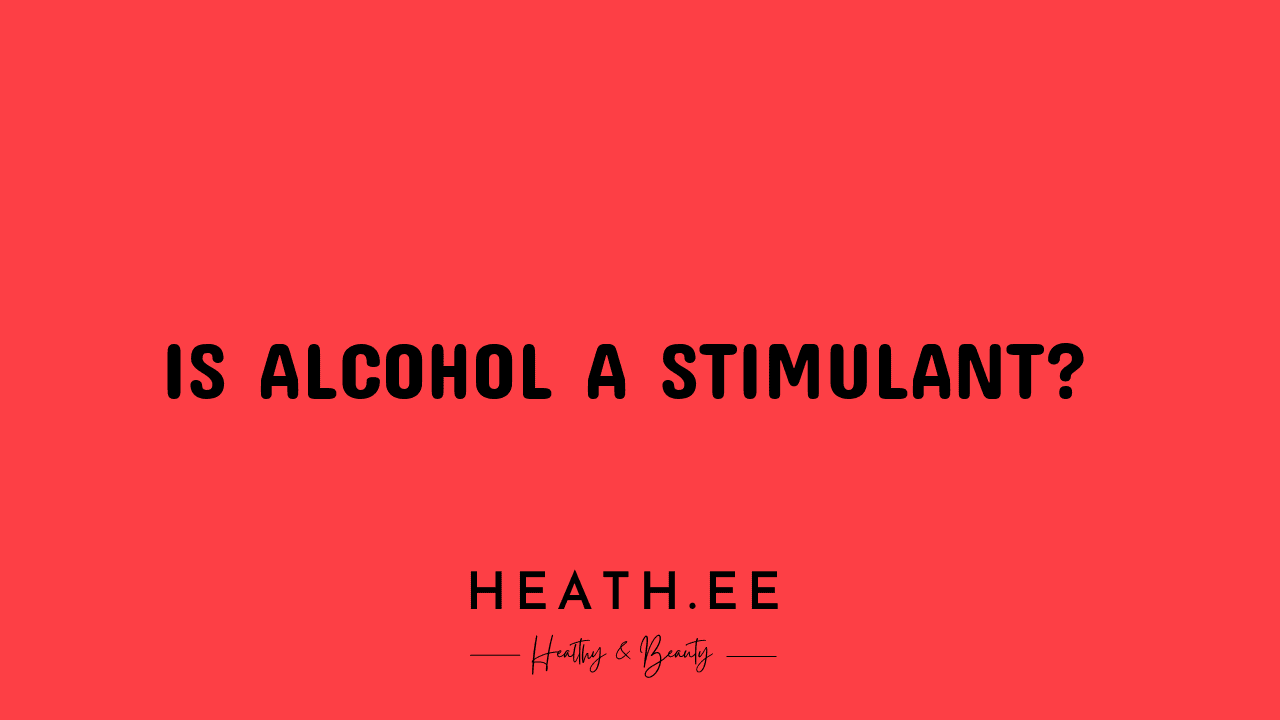Alcohol is one of the most widely used drugs in the world, and it’s no surprise that there is a lot of confusion about its effects. Is alcohol a stimulant? Or is it a depressant? The truth is that alcohol can act as both a stimulant and a depressant depending on the amount consumed and the individual’s reaction to it. In this article, we’ll explore the effects of alcohol and answer the question, “Is alcohol a stimulant?”
What is a Stimulant?
A stimulant is a drug that increases alertness, energy, and attention. Stimulants can be found in many forms, including caffeine, nicotine, and amphetamines. Stimulants can have both positive and negative effects on the body, depending on the amount taken and the individual’s reaction to it.

What is a Depressant?
A depressant is a drug that slows down the central nervous system, causing relaxation, drowsiness, and decreased alertness. Depressants can be found in many forms, including alcohol, benzodiazepines, and barbiturates. Depressants can have both positive and negative effects on the body, depending on the amount taken and the individual’s reaction to it.
What are the Effects of Alcohol?
Alcohol is a psychoactive drug, meaning it affects the brain and its functions. When alcohol is consumed, it is absorbed into the bloodstream and travels to the brain, where it acts on the central nervous system. The effects of alcohol vary depending on the amount consumed and the individual’s reaction to it.
At low doses, alcohol can act as a stimulant, causing feelings of euphoria, increased energy, and decreased inhibitions. At higher doses, alcohol can act as a depressant, causing drowsiness, slowed reflexes, and impaired judgment.

Is Alcohol a Stimulant?
The answer to the question, “Is alcohol a stimulant?” is both yes and no. At low doses, alcohol can act as a stimulant, increasing alertness, energy, and attention. At higher doses, however, alcohol can act as a depressant, slowing down the central nervous system and causing drowsiness, slowed reflexes, and impaired judgment.
Is Alcohol Abuse Dangerous?
Yes, alcohol abuse is dangerous and can lead to a variety of health problems. Alcohol abuse is defined as drinking more than the recommended amount of alcohol on a regular basis. This can lead to alcohol dependence, which is a chronic and potentially fatal disorder.
Alcohol abuse can lead to a number of physical and psychological health problems, including liver damage, heart disease, stroke, depression, anxiety, and memory loss. It can also lead to an increased risk of accidents and violent behavior.
How Can I Reduce My Risk of Alcohol Abuse?
If you are concerned about your drinking habits, there are a few steps you can take to reduce your risk of alcohol abuse.
First, set limits for yourself. Determine how much alcohol you can safely consume and stick to it.
Second, alternate alcoholic beverages with non-alcoholic beverages. This will help keep your alcohol consumption at a safe level.
Third, be aware of your triggers. If you find yourself drinking more when you are around certain people or in certain situations, try to avoid those triggers.
Finally, seek help if you need it. Talk to a doctor or mental health professional if you are concerned about your drinking habits.
Conclusion
In conclusion, alcohol can act as both a stimulant and a depressant depending on the amount consumed and the individual’s reaction to it. At low doses, alcohol can act as a stimulant, increasing alertness, energy, and attention. At higher doses, however, alcohol can act as a depressant, slowing down the central nervous system and causing drowsiness, slowed reflexes, and impaired judgment.
Alcohol abuse is dangerous and can lead to a variety of physical and psychological health problems. If you are concerned about your drinking habits, there are a few steps you can take to reduce your risk of alcohol abuse, such as setting limits for yourself, alternating alcoholic beverages with non-alcoholic beverages, being aware of your triggers, and seeking help if you need it.
Ultimately, it’s important to remember that alcohol can be both a stimulant and a depressant, and it’s important to drink responsibly and in moderation.



